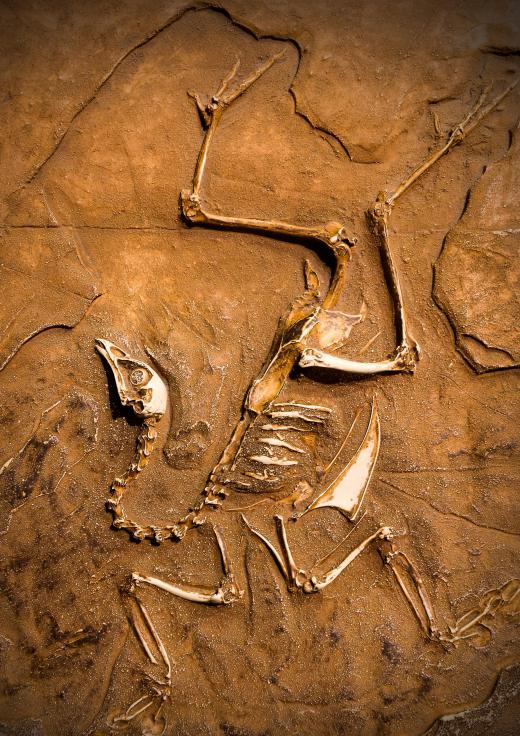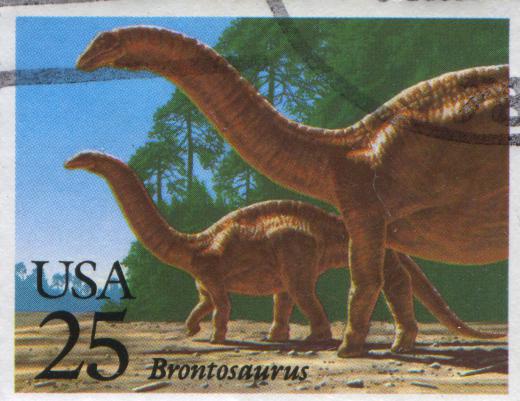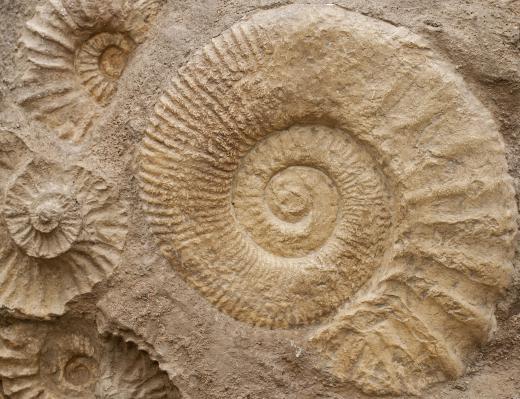In Science, what is an Inference?
 Tricia Christensen
Tricia Christensen
In science, an inference refers to reasonable conclusions or possible hypotheses drawn from a small sampling of data. The adjective “small” can be interpreted as far less than all the possible data that can be collected on a specific subject. Scientists make such conclusions all the time, which may prove correlations, but don’t prove cause. In fact most “known” scientific facts, are hypotheses since it would be impossible to fully gather all material on a subject.
The inference can take several forms. A hypothesis or a theory about how something might work or not work is a starting point. One may be made when a person observes something in the known world, and sets out to test whether the theory about it holds up.

A scientist may also draw conclusions based on the results of such testing. These can become theories, suggest correlations, or become interpretations of results. Suggesting correlations or interpreting data are some of the most common inferences. For example, for over a century, people have had drawings of what dinosaurs might have looked like. These drawings are based on the best ideas that researchers had, based on the evidence available. Examining skeletal structure, making decisions about what types of animals dinosaurs were, comparing dinosaur finds to modern animals, and using some guesswork has created an interpretation in the form of drawings, models, and even movies.

As paleontology has advanced, these ideas about dinosaurs have changed dramatically. Ideas that some dinosaurs might have had feathers, be described as warm-blooded, and have had greater intelligence have been advanced as scientists' knowledge and samples of collected dinosaurs increases. With DNA sampling, scientists are even able to determine some relationships between more recent or still living animals and these ancient creatures.

By looking at the history of how dinosaurs have been depicted, it is easy to see that an inference may only be as valuable as the data from which it is made. More data has led to less guessing, and certain dinosaurs, like the brontosaurus, have been proven to never have existed. The more data a researcher can collect on a subject, the more likely a conclusion is to be accurate. All inferences are still guesses, however, even when these guesses are well reasoned out.

For the average person, it is helpful to understand that when science infers, it is not always accurate. For instance, there have been significant amounts of theory and efforts to fund stem cell research in the past few years. Those driven to advocate for this research are basing their argument that it is necessary largely on inference. There is little hard data that stem cells will actually do some of the things people propose they will. There a number of encouraging samples of work that lead many scientists to the conclusion that stem cell research could result in a broad range of cures for diseases and conditions.
AS FEATURED ON:
AS FEATURED ON:














Discussion Comments
It is the opposite of a hypothesis, but you find out information.
Always remember that though an inference is a guess or form of hypothesis, it is an *educated* guess. This means that actual research has been done to come up with the hypothesis. These are not just stabs in the dark. Often times, student's create ridiculous inferences and think them plausible. Always do some research and form the inference in an educational way.
In addition to the fact that not all scientific inferences are correct, I think most people don't realize that well-researched inferences and hypotheses are not just guesses. Too often, I hear people suggest that exceptionally well-researched hypotheses and inferences that are supported by huge amounts of available data can't be trusted.
Post your comments